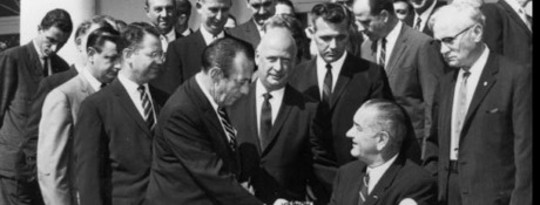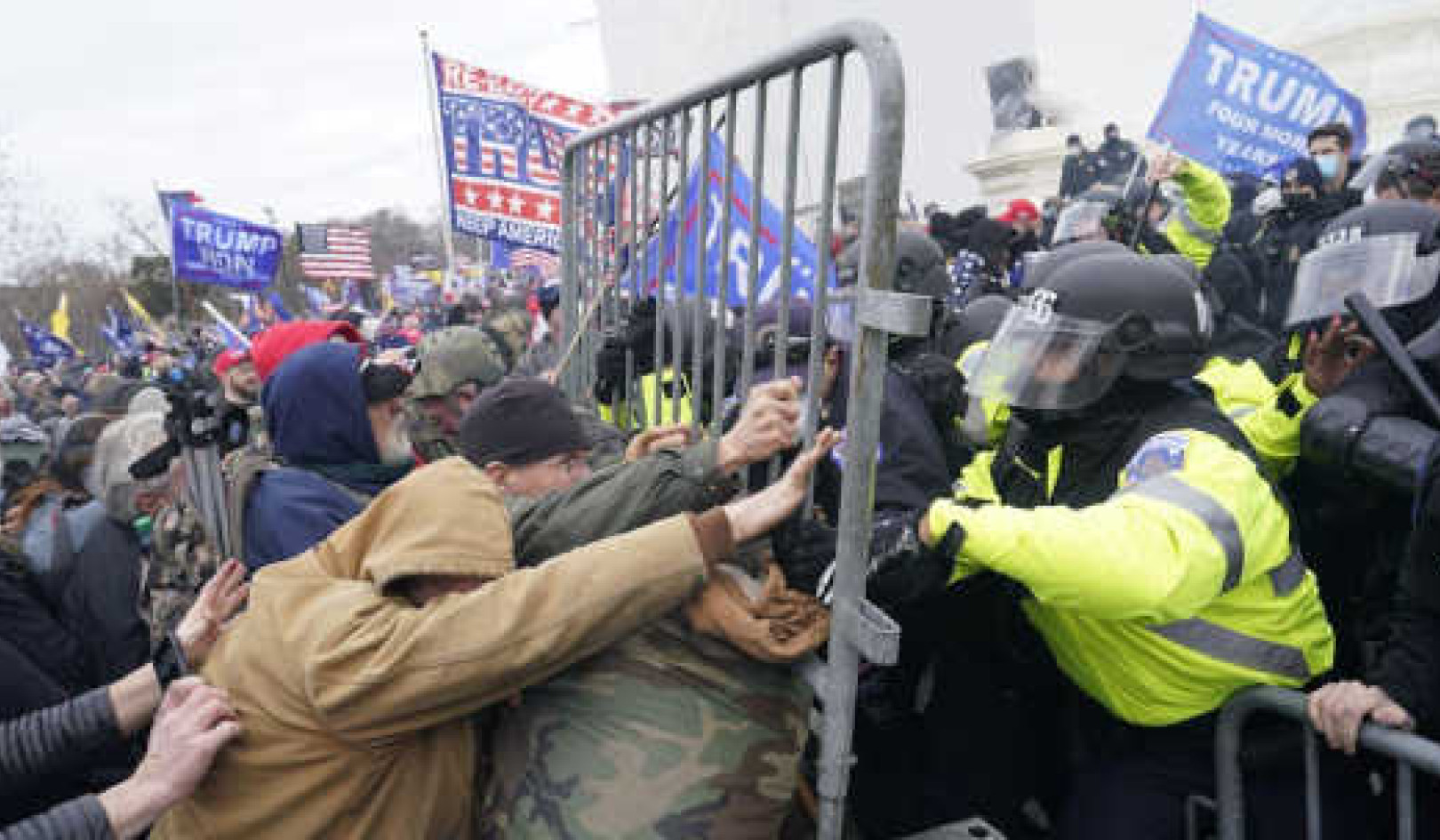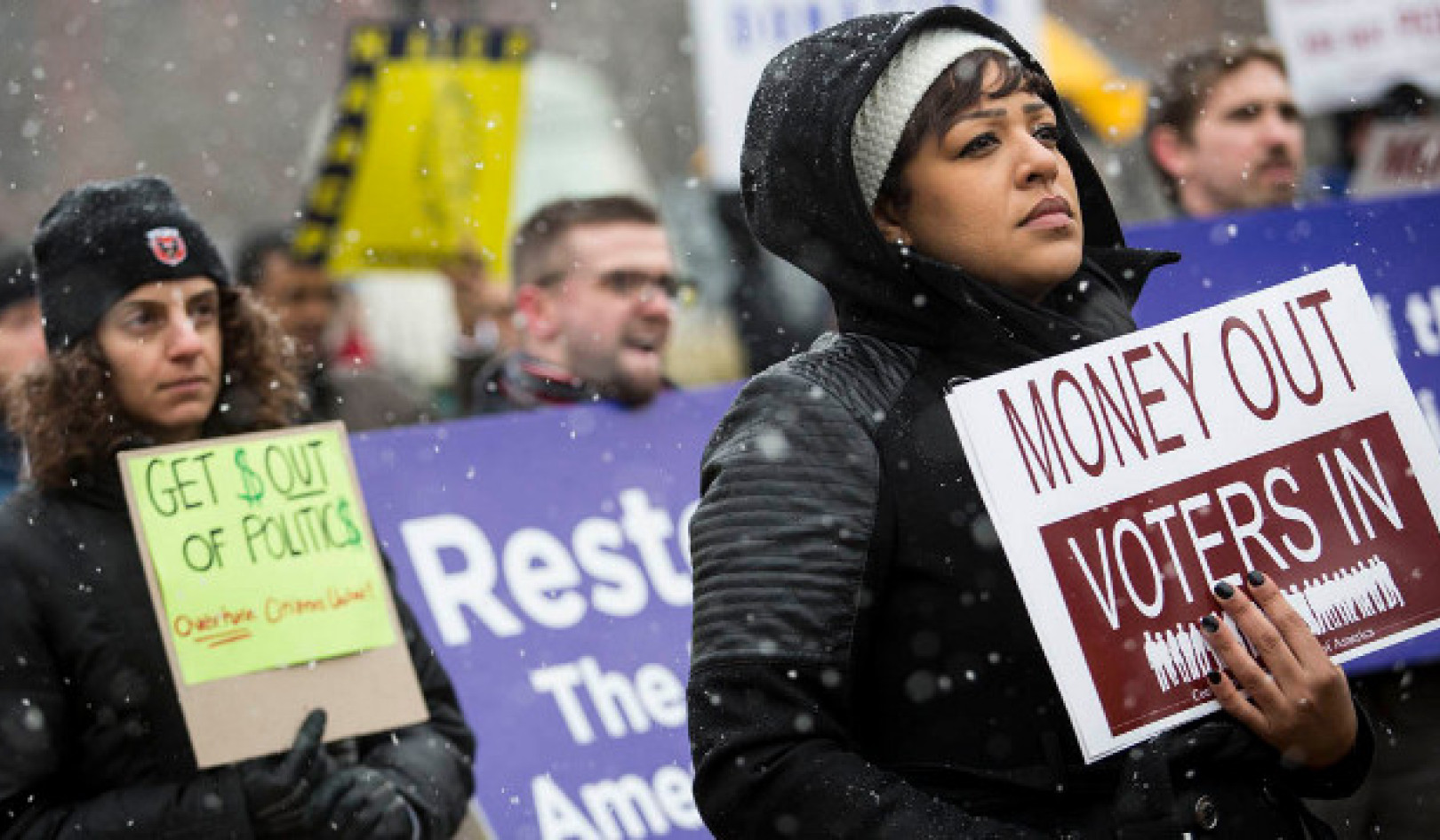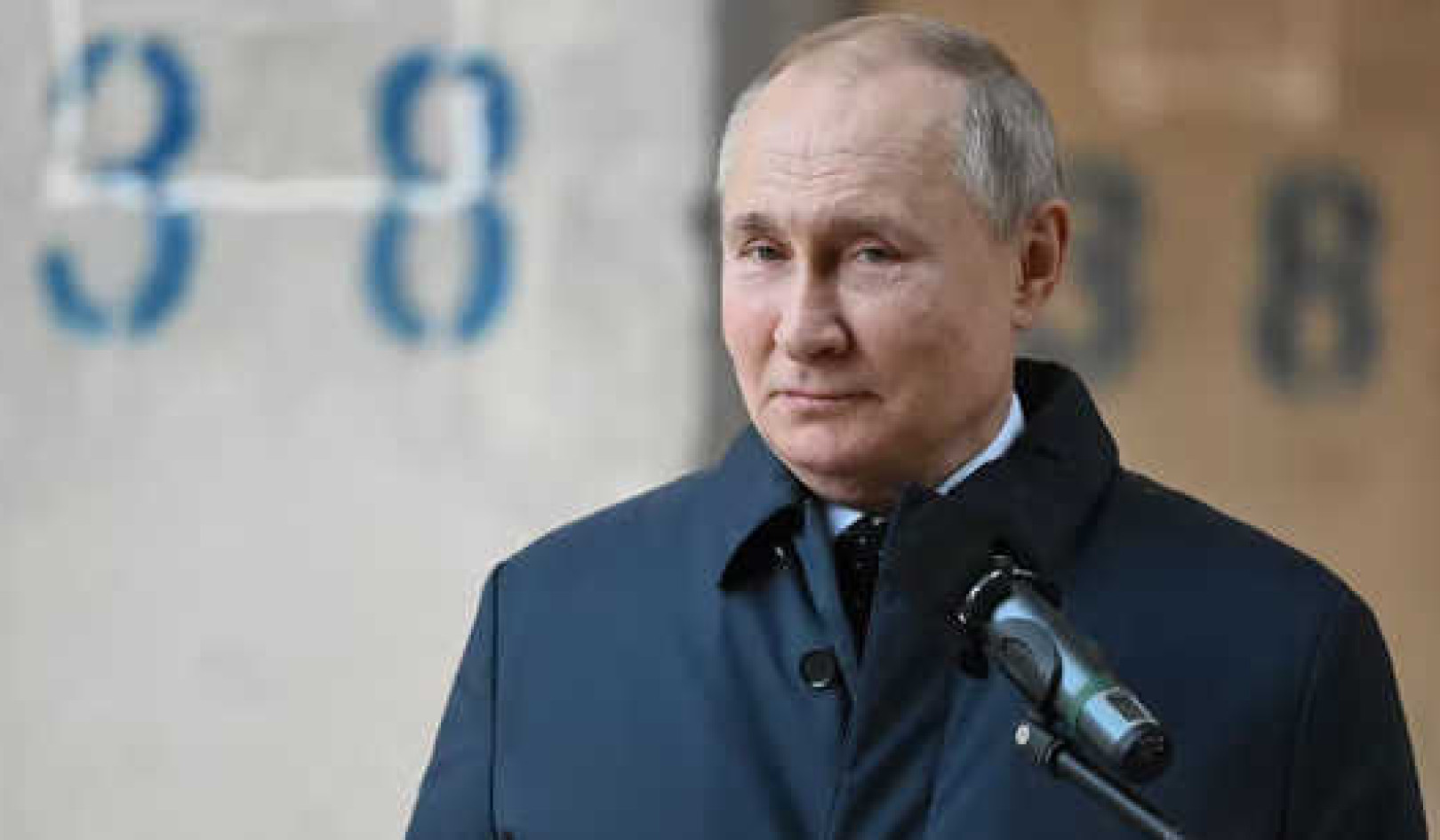Thanks for visiting InnerSelf.com, where there are 20,000+ life-altering articles promoting "New Attitudes and New Possibilities." All articles are translated into 30+ languages. Subscribe to InnerSelf Magazine, published weekly, and Marie T Russell's Daily Inspiration. InnerSelf Magazine has been published since 1985.


Fifty years ago this week, President Lyndon B. Johnson launched his "war on poverty," which led to many of the federal and state initiatives low-income Americans rely on today — Medicaid, Medicare, subsidized housing, Head Start, legal services, nutrition assistance, raising the minimum wage, and later, food stamps and Pell grants.
Five decades later, many say another war on poverty is needed. We are joined by Peter Edelman, author of "So Rich, So Poor: Why It’s So Hard to End Poverty in America." A faculty director at the Center on Poverty, Inequality and Public Policy at Georgetown University, Edelman was a top adviser to Senator Robert F. Kennedy and a member of President Bill Clinton’s administration until he resigned in protest after Clinton signed the 1996 welfare reform law that threw millions of people off the rolls.
Amy Goodman
Record cold temperatures are being recorded across the Midwest and Eastern United States again today as a so-called polar vortex of dense,…
Amy Goodman
A new exposé based on the leaks of Edward Snowden has revealed the National Security Agency has developed methods to crack online…
Amy Goodman with Denis Moynihan
Welcome to the nuclear renaissance. Entergy Corp., one of the largest nuclear-power producers in the United States, issued a surprise press…
Amy Goodman
Just after Bradley Manning was sentenced to 35 years in prison on Wednesday — and before Manning’s announcement of a gender transition…
Amy Goodman
At least 525 people were killed in Egypt on Wednesday when security forces cracked down on two protest camps filled with supporters of…

Thanks for visiting InnerSelf.com, where there are 20,000+ life-altering articles promoting "New Attitudes and New Possibilities." All articles are translated into 30+ languages. Subscribe to InnerSelf Magazine, published weekly, and Marie T Russell's Daily Inspiration. InnerSelf Magazine has been published since 1985.




























